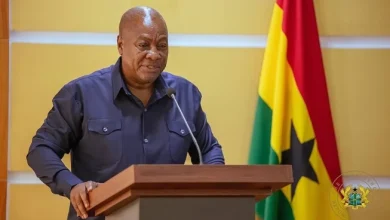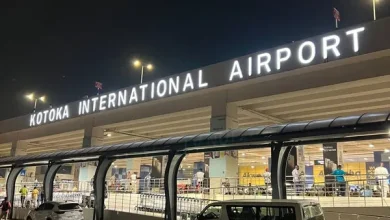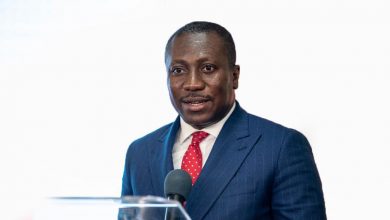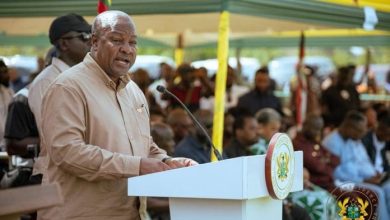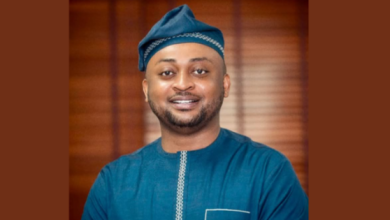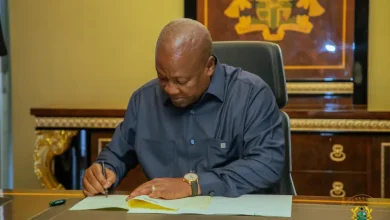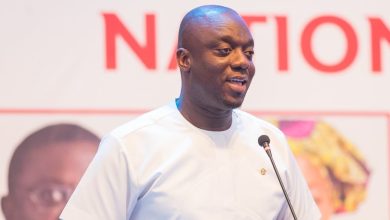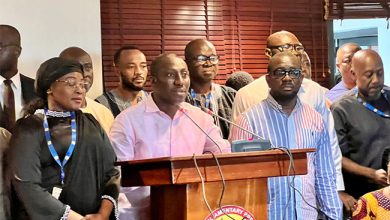Minority slams gov’t over poor handling of nurses’ strike
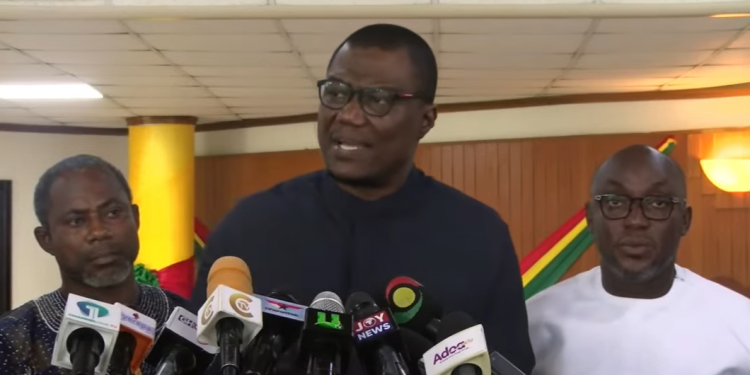
Dr. Nana Ayew Afriyie, the Ranking Member on Parliament’s Health Committee, has criticised the NDC government’s approach to the ongoing strike by nurses and midwives across Ghana.
Speaking at a press briefing in Parliament today, Dr. Afriyie asserted that the healthcare professionals’ demands are entirely “justified” and condemned the government’s perceived lack of engagement and dismissive posture, which he believes has escalated the industrial action.
The Ghana Registered Nurses and Midwives Association (GRNMA) laid down their tools on Tuesday, June 4, which has brought vital healthcare services across over 300 public hospitals and clinics in all 16 regions to a near standstill.
Thousands of patients have been left stranded, with emergency units operating minimally and scheduled surgeries postponed indefinitely.
The nurses and midwives initiated the strike over what they describe as prolonged delays in the implementation of their 2024 Collective Agreement, which addresses critical conditions of service and remuneration.
Dr. Afriyie vehemently defended the legitimacy of the nurses’ and midwives’ claims, questioning what aspect of their Collective Bargaining Agreement (CBA) demands could be deemed unreasonable.
He highlighted long-standing agreements and historical provisions, including a “30-month allowance” reportedly agreed upon under a previous administration and the “rural incentive allowance” crucial for attracting healthcare workers to underserved areas.
He further pointed to “fuel allowances” and “uniform allowances,” which he stressed have been “historical since the 1960s” and should not be subject to arbitrary changes by any government.
“All the expectation in the CBA call for appellate speed is justified and not far-fetched,” Dr. Afriyie declared, emphasising that the nurses’ patience had worn thin due to government inaction.
According to the Ranking Member, the core issue stems from the government’s failure to engage since January.
“Government has not seen the need to have engaged them since January. They feel undermined as far as their rights are concerned,” he stated.
He detailed the gradual escalation of the strike, from “wearing red bands” to withdrawing Out-Patient Department (OPD) services, then In-Patient Department (IPD) services, before finally resorting to a “total strike,” lamenting that “nobody was listening to them.”
Dr. Afriyie strongly condemned the government’s decision to pursue legal action against the striking nurses.
“To have taken them to court. Even taking them to court is an extreme act… You cannot use the law to shackle them. That’s not right,” he asserted, calling for an immediate change in the government’s “posturing.”
He urged the government to “Respect them. Sit with them; let them know what you can do and what you cannot do.”
The Minority’s health spokesperson also highlighted the timeliness of the nurses’ demands, especially with the impending mid-year budget review.
“This is the time that you have to include their concerns… It’s not as if we are in August. Then you tell them, hold on for the next budget cycle,” he stressed.
He revealed that the Ministry of Finance had initially scheduled a meeting with the nurses for June 18 after months of waiting since January, expressing empathy for their prolonged frustration.
While the Minority does not intend to “stoke it up” or ask the nurses to prolong the strike, Dr. Afriyie made a passionate appeal to the striking healthcare workers for “mercy” and “reasonableness” in negotiations, keeping the welfare of Ghanaians at heart.
“Getting all the money without the lives that we have lost brings no joy to anyone,” he pleaded, suggesting that the nurses consider accepting a phased implementation of their demands.
Dr. Afriyie vehemently rejected attempts to politicise the health crisis, particularly references to the President’s marital status.
“Why do you politicise this? She’s a president, for crying out loud, and has a right to make sure the welfare of his people or her people are held up high,” he fumed, asserting the Minority’s commitment to calling “a spade a spade” and prioritising national well-being over political point-scoring.
He concluded by reiterating the call for the government to show respect and “talk to them something better” so the Minority can, in turn, urge the nurses to be more lenient with suffering Ghanaians.

